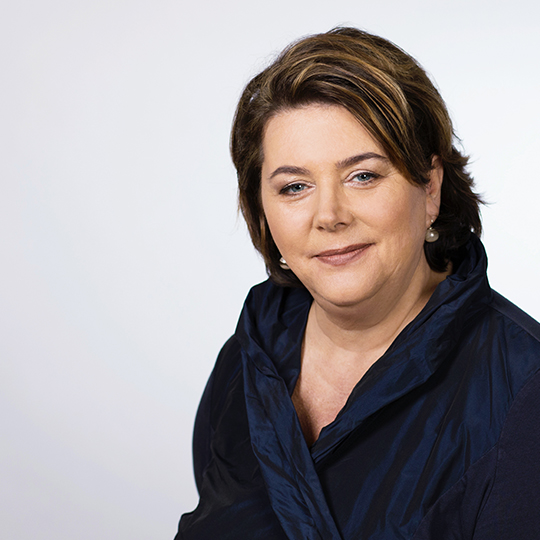Hygiene measures play a central role
Viruses and other pathogens have accompanied mankind since time immemorial. In accordance with our state of knowledge, mankind has developed solutions to prevent the spread of diseases and to bring about rapid recovery. Hygiene measures play a central role, particularly in dealing with infections and containing infectious diseases - without disinfectants, pathogens can easily adhere to surfaces and objects of daily life and thus pass on diseases from person to person. This of course immediately raises the question: what is a disinfectant and how is it used?
One must know the chemical composition of viruses and bacteria
In order to understand the mode of action of disinfectants, one must know the chemical nature of viruses and bacteria. Proteins, carbohydrates and lipids play a central role here. With the underlying diversity and complexity of these substances, there is an important point that unites them. The compounds are sensitive and only function well under the conditions found in living organisms. If these conditions change, these molecules often lose their effectiveness and bacteria and viruses are destroyed. Many substances and methods can therefore be used for disinfection: Alcohol attaches itself to the surface of molecules, displaces water and thus changes the function of biomolecules; bleaches destroy biomolecules just as much as heat, acid or soap. However, it is important that we only use materials as disinfectants that do not leave any damage when applied to our skin or sensitive surfaces. We therefore strongly advise against using our own creations.
The role of chemists
Due to the current enormous demand for disinfectants, many chemists are working in the field. Process chemists, for example, produce alcohol on a large scale that does not damage the skin; natural substance chemists isolate or produce pleasant odours and dyes so that the disinfectants also smell pleasant; polymer chemists ensure the right packaging. Analytical chemists then ensure that the products do not contain any hazardous materials.
The fascinating world of viruses - and how we can defend ourselves against them
As early as 500 B.C., the famous military strategist Sunzi realized that you have to know your enemies in order to fight them effectively. His reflections on the art of war are summarized in the work "The Art of War" and are more relevant than ever before, especially in the current pandemic and in our fight against infections with SARS-CoV-2. Chemists and biologists play a central role in the fight against disease.
Viruses do not have their own metabolism
Whether viruses are living beings is still a controversial point and depends on the definition of the term "life". However, it is clear that viruses do not have their own metabolism and can only reproduce with the help of a host, i.e. a cell that they infect. Viruses are therefore small particles that contain both a blueprint for the production of other viruses and an often very sophisticated plan of attack to take over host cells.
Antiviral agents have already proven their worth in the fight against some viruses
In the fight against viruses, science relies on various strategies. Living organisms are often very well protected by the body's own immune system, which can effectively fight viruses. However, as Sunzi correctly stated, this requires that our body knows the virus. For example, biologists are working on vaccinations with deactivated viruses, which means that our immune system can be prepared for a possible infection. At the same time, there is the possibility of developing drugs that can prevent the virus from attaching to body cells or multiplying. Such antiviral agents are molecules that are modelled on the virus's own substances and are produced synthetically in the laboratory by chemists. Antiviral agents have already proved their worth in the fight against some viruses.
Disinfectants deactivate viruses and bacteria
Disinfectants are used to prevent transmission in the first place. Disinfectants are chemical compounds that deactivate or kill viruses or bacteria and thus prevent them from spreading. Disinfectants change the surface of the molecules of viruses, these molecules then change shape and lose their effectiveness. How these substances work can also be easily illustrated at home. Milk contains many proteins. If you pour a few drops of milk into high-proof alcohol, you will immediately see a change, the molecules change their natural shape and "denature". Viruses and bacteria are no different.
Incidentally, the use of disinfectants in the fight against pathogens was also predicted - in a figurative sense - by military strategist Sunzi, who said: "The highest form of warfare is to destroy the will of your enemy in order to prevent all attacks", and then gave us the advice on social distancing and avoiding contact: "The smartest warrior is the one who never has to fight".
"With this in mind: stay healthy and wash your hands regularly - preferably with soap and disinfectant," recommends Uwe Rinner.
The application period for our bachelor degree programme Applied Chemsitry runs until 30 June 2020.





